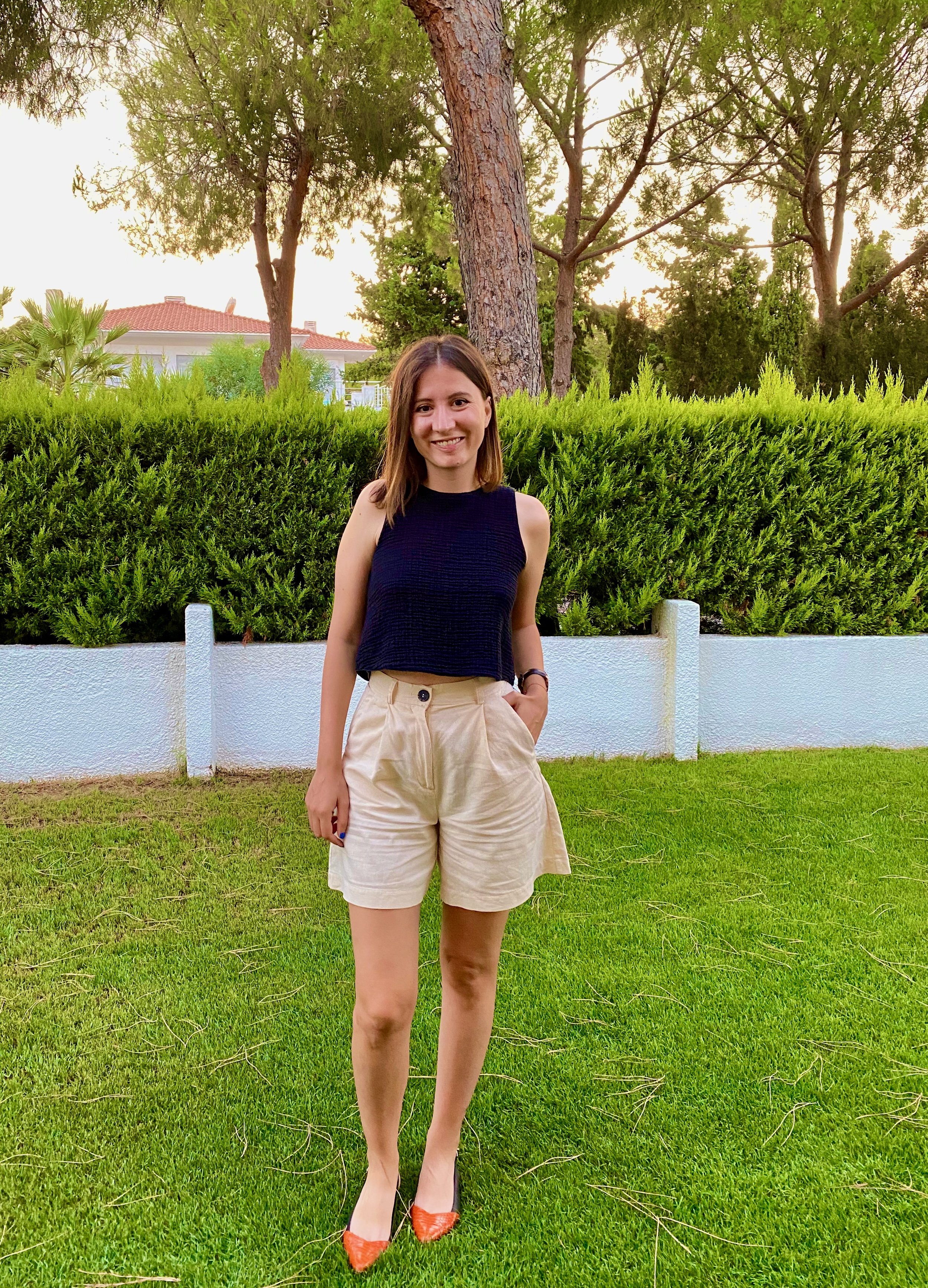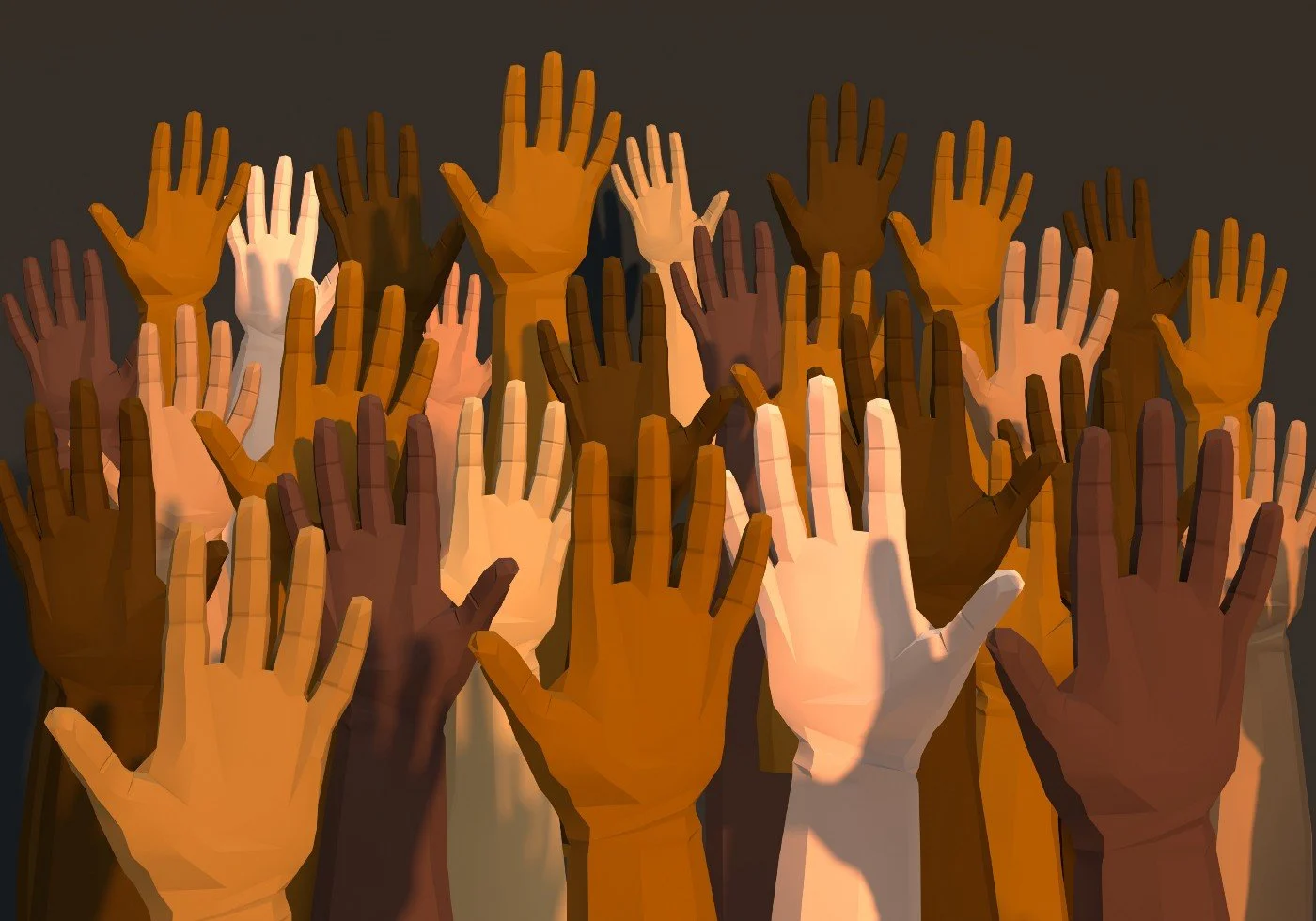Assistant Professor of Philosophy at Thomas Jefferson University in Philadelphia.
I work on social and political philosophy and Aristotle. I’m interested in the nature of caring relations among political fellows and the impact of these relations on the democratic process.
My work is concerned with the relationships among the members of contemporary democratic states. When we think of the relationship between a mother and a child, for instance, we could come up with a list of proper motivations, practices, and virtues that defines the relationship. What are the proper motivations, practices, and virtues of the relationship among political fellows? How do the relations among political fellows shape the social group of which they are members, i.e. the political community?
The broad topic of my dissertation is political friendship. “Friendship seems to be the bond of the state,” Aristotle says. This is an interesting claim given that currently when we think of politics the word ‘friendship’ rarely comes to mind. Friendship is a term that is standardly reserved for personal affairs, whereas the relation among political members is usually taken to be impersonal or commercial. Yet Aristotle claims not only that a kind of friendship does exist among political fellows, but also that maintaining this friendship holds the states together. Just how, then, are we to understand this distinctively political form of friendship that nowadays is too easily overlooked?
While investigating the relations among political fellows in general and political friendship in particular, I participate in various debates in Aristotle scholarship, political philosophy, social ontology, and care ethics.

